|
There was a time when I did not like the music of Gustav Mahler. Times when I could not relate to the rhythms of a march, the sound of cowbells and the folk tunes in music that I, for a long time, considered not much more than a garbage can for Wagner and Beethoven leftovers. It was that CD, bought in the sales, of Mahler's fourth symphony that was to blame (always try to blame your own ignorance on something or someone else). It was labeled as being his most accessible symphony but it wasn't exactly love at first hearing. It was especially that first movement of the fourth that got me puzzled and left me with a few question marks in my brain. Why? What's the point of all this? In vain I was looking for a long line in the music that, by that time, I learned to love so dearly in the music of Wagner and Bruckner. For me, Mahler's music sounded like a joke without a punchline. His most accessible symphony kept me away for about 10 years until I made it, almost unintentional, towards Lisa Della Casa singing Das Himmlischen Leben in the last movement of this fourth symphony. It took me off guard. It was thunderstruck in bright daylight. I decided to give the rest of the symphony a new chance. Perhaps there was something for me in Mahler after all. Since then I approach the label 'accessible' with care. If only I had started with his glorious Second or mighty Third symphony. It wouldn't have taken me a decade to appreciate and love Mahler's music. It was thunderstruck in bright daylight This week it was time for Mahler's Third, his longest one. One hour and forty-five minutes it takes. And for that Gustavo Dudamel and the Los Angeles Philharmonic came to pay Amsterdam a visit. A few years back Dudamel, together with the orchestra of El Sistema, turned the Concertgebouw in a party centre. My Venezuelan friends (who received Strauss' Alpensymphony like it was an anthem played in advance of a football match, waving with national banners included) don't like him that much anymore. In their eyes Gustavo has affiliated himself to much with, did not distance himself enough from, the regime in Caracas that increasingly imposes anti-democratic measures, pushes the country into the abyss and strikes hard on those who protest. It is, for instance due to someone like Gabriela Montero, Venezuelan-American pianist, that Dudamel is compared to Wilhelm Furtwängler for reasons that lie outside music. As someone who is hold to its chest by a totalitarian regime. I did try to turn the Furtwängler comparison around (seeing Furtwängler conduct, who wouldn't want that) but it was to no avail. They don't want to see Dudamel again. Being raised in classical music by Richard Wagner, I don't let political controversy get in the way of a good piece of music, and politics aside Dudamel proved himself in Mahler's massive Third above all a magnificent conductor. A few years ago I saw him for the first time. He came to conduct, with the Gothenburg Symphony Orchestra, Beethoven's first symphony, some songs by Sibelius and a Nielsen symphony. On that occasion he shared with us his sense for showmanship but his promise as being the future of classical music was not fulfilled. He didn't find the key for Beethoven and the door to the place where they kept 'lyricism' in store remained closed. It's much too soon to talk about his legacy but taking his performance in the Concertgebouw of Mahler into account, Dudamel deserves a serious comparison with the great conductors in the catalogue on musical grounds. I don't think of Furtwängler (yet). Perhaps a comparison with adrenalin-conductor Georg Solti is apt. Seeing Furtwängler conduct, who wouldn't want that The music of Gustav Mahler works on both mind and matter. It's not that they were not aware of it - that part of the audience that released a spontaneous applause after the first movement - but they couldn't help themselves. They knew it is not done to acclaim between movements but the awaking of the world, turned into music by Gustav – brought to life by Gustavo, made them forget that. His Third is his longest but it wasn't long enough for me. Dudamel and the LA Philharmonic can take credit for that. They released a Mahler in shining armour, perhaps a bit American. Something that's extra polished to make it look better. But the reading of Dudamel, not longer a prodigy but an arrivee, of Mahler's mighty long-arced Third was impressive. The LA Philharmonic played robust but with transparency. Mahler can be a megalomaniac but he never leaves the musical substance to it. He always keeps an ear on the content. In his contrapuntal finesse he shows himself an admirer of Bach. In his use of chromaticism he exposes himself as the heir of Richard Wagner. He kicks in the door to the 20th century that Wagner and Liszt put on a chink. He opens the heart and illuminates the spirit from those who listens. In the fragmented world of his symphonies, all those ideas are conversating and quarreling with each other. And team up in breathtaking crescendos. The symphony opens with a solo tenor trombone that pulls the lit of the whole symphony. It is a very self-secured, clear announcement of the awakening of the world. It borders on program music. You can see yourself walking in the meadows in the Alps. Heart and mind touched by the view. The extroverted first movement is met with contemplations from a composer who lies his ears to rest in the world of flowers and animals in the second and third movement. What follows is a beautiful Uhrlicht (sung by mezzo soprano Tamara Mumford), a children's choir that sings “Bim-Bam” and a highly romantic finale. Dudamel conducts without a score. I wonder if a conductor memorizes every sixteenth note that's in it or that he, knowing his stuff by highly developed sight-reading skills, has all his gestures and directions kept in body memory. In sharp contrast with the almost-acclaim after the first movement was the, no less impressive, silence after the last movement. Everyone present realised that something very special had happened and rewarded that moment of awareness with a solemn silence only to let a big ovation follow. An ovation that came with an anticipation for an Encore. But Dudamel keeps, perhaps for the better, 'Mambo' (of Leonard Bernstein) for his performances with the orchestra of El Sistema, the Simon Bolivar Youth Orchestra. He reached an admirable altitude on Thursday. His Mahler really did fly.
1 Comment
|
TIMELINE
July 2024
|

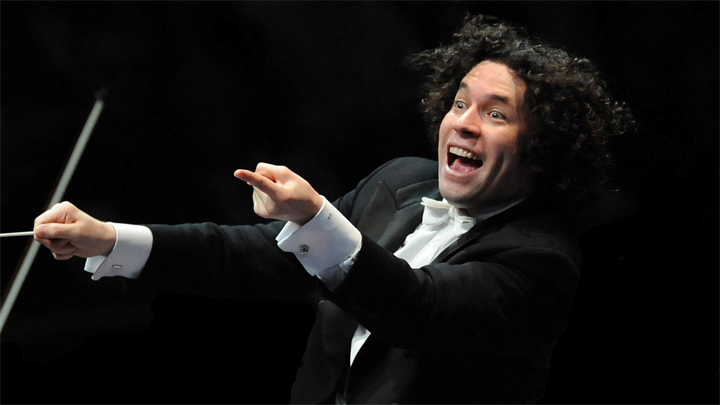
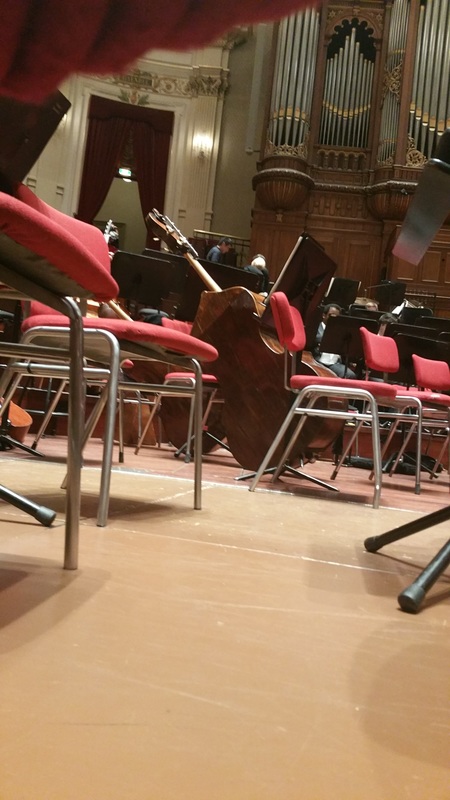
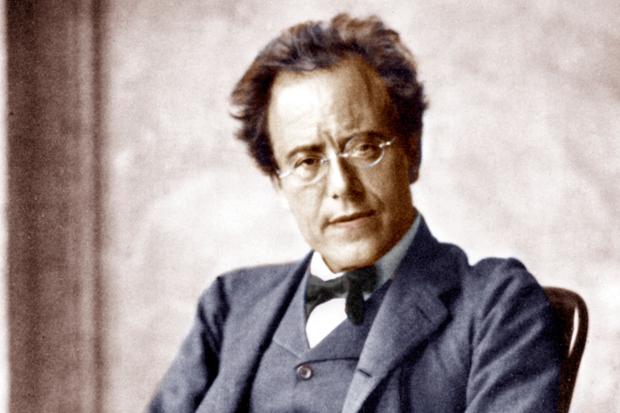
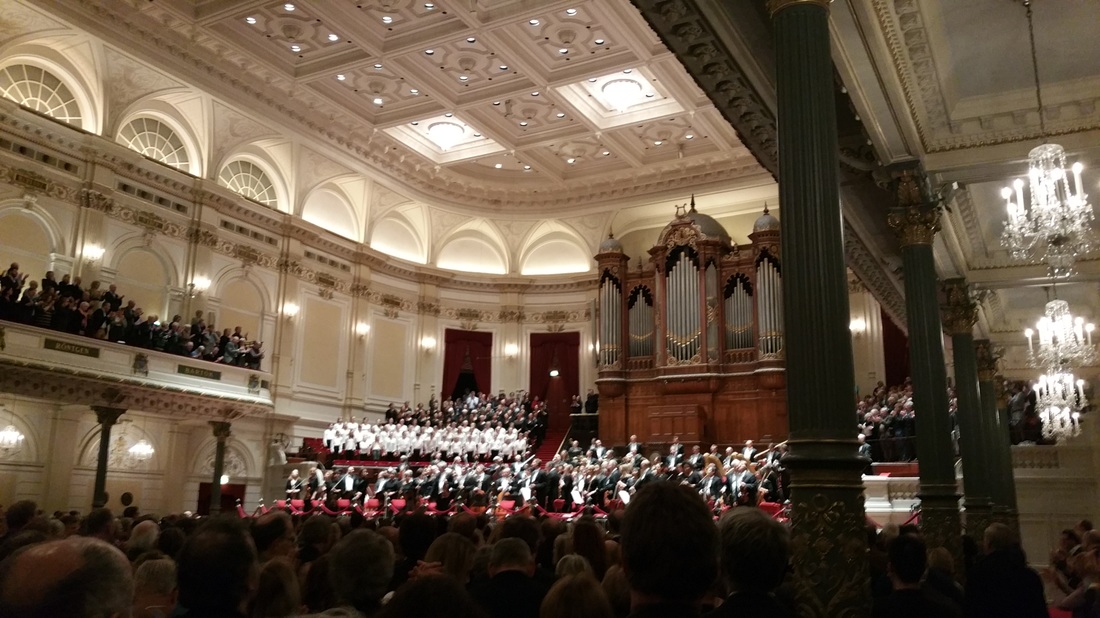
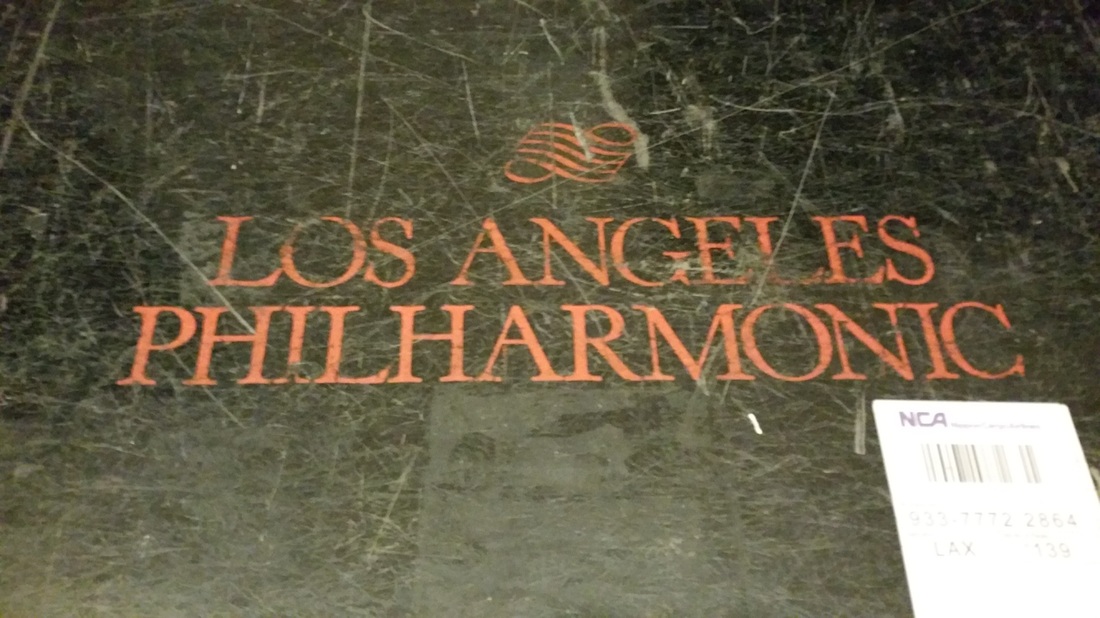
 RSS Feed
RSS Feed